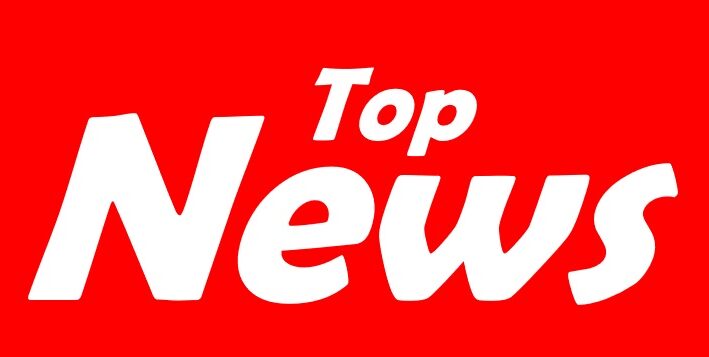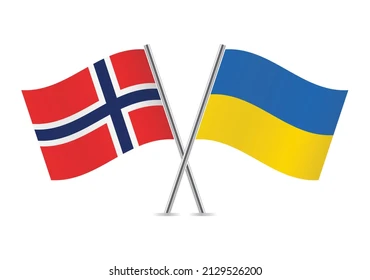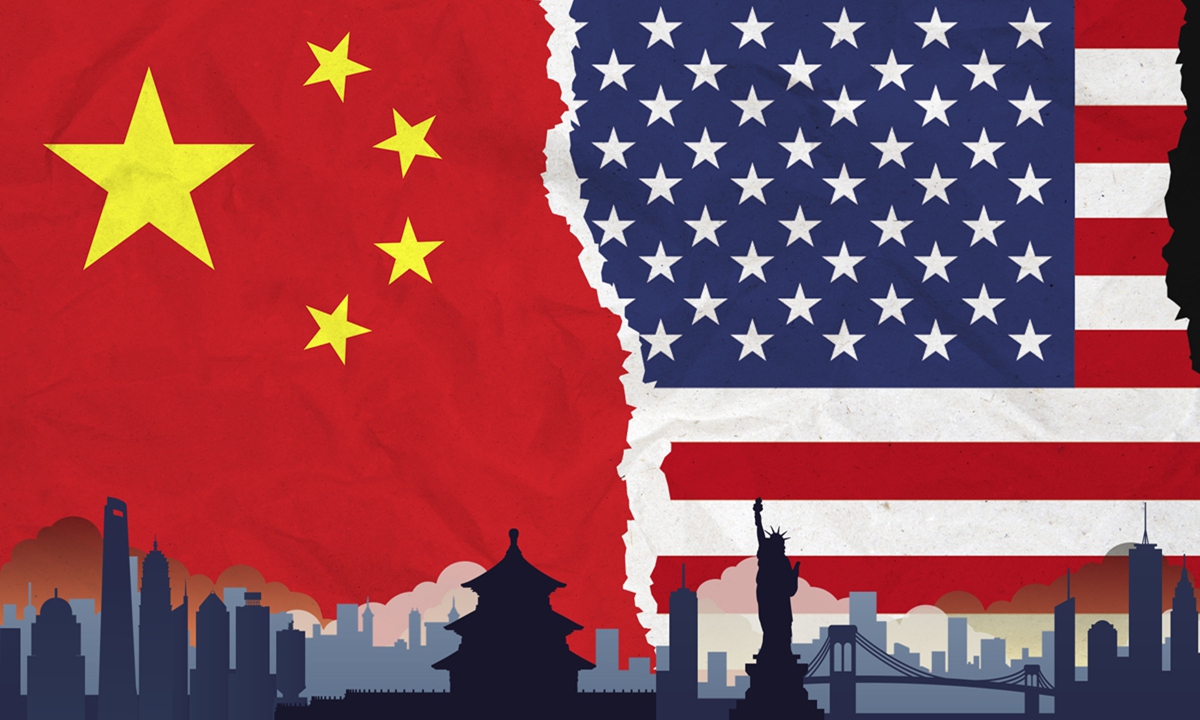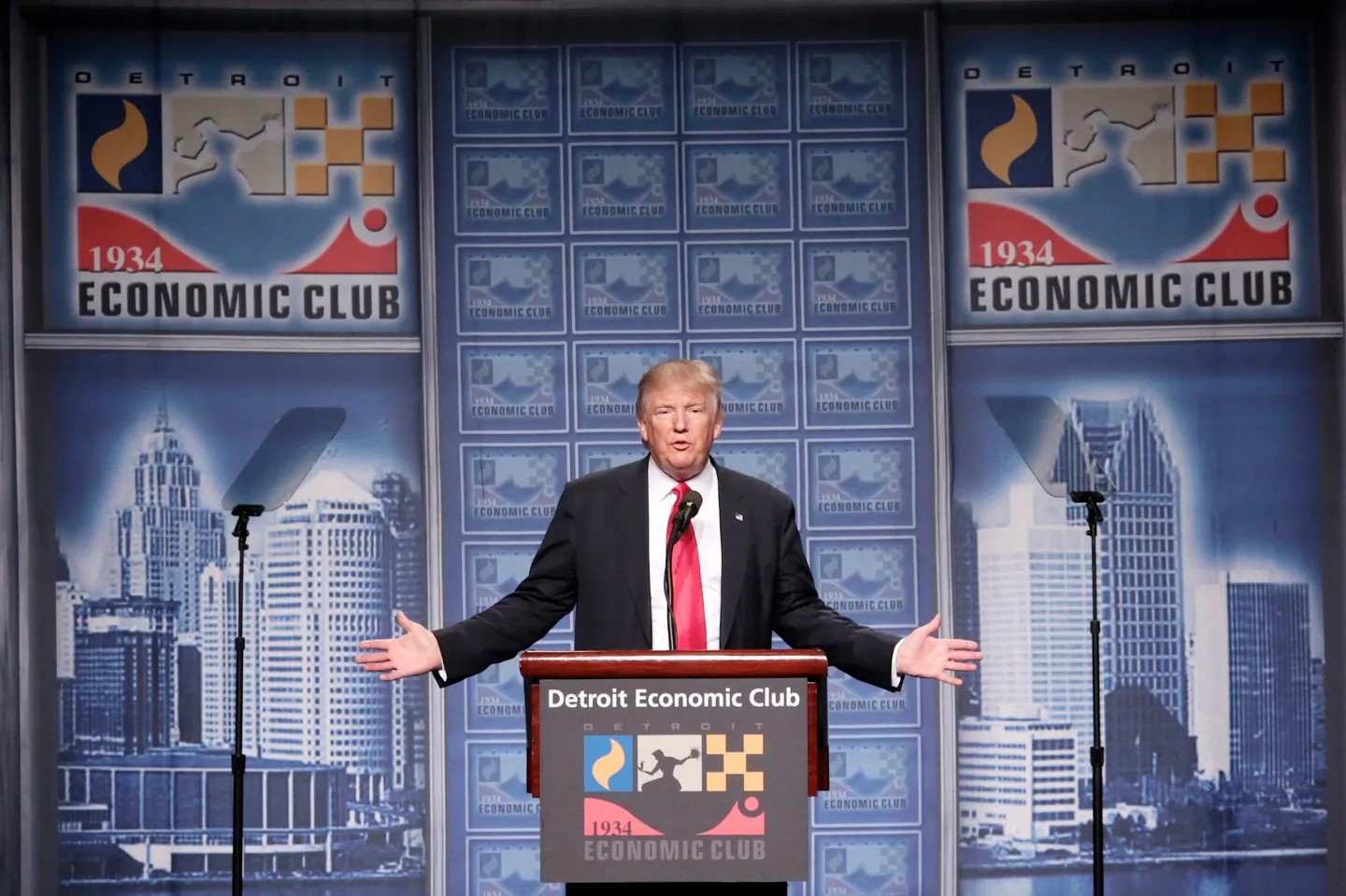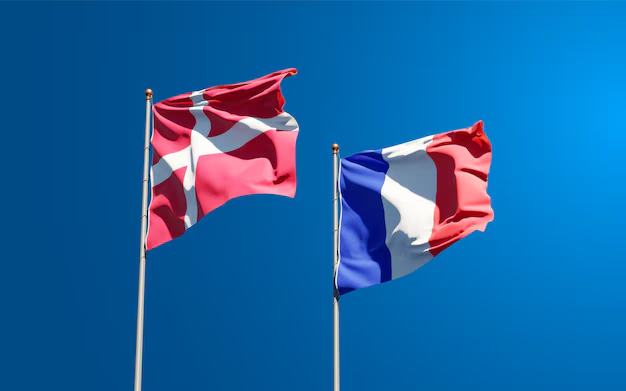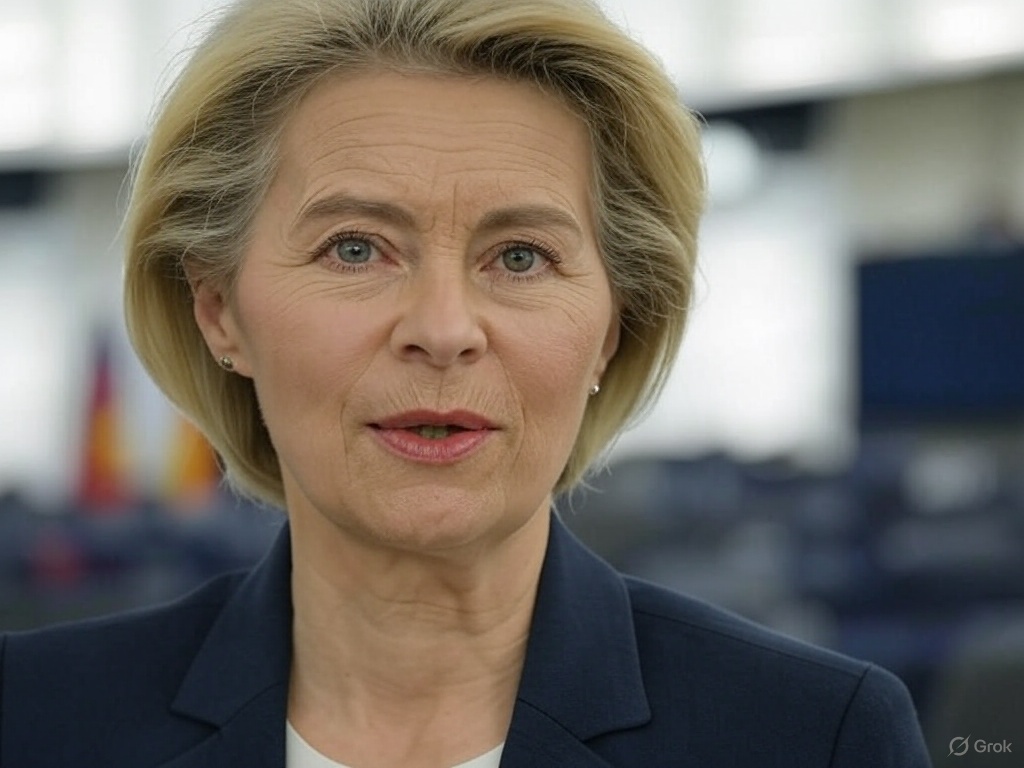April 9, 1989, is a significant and tragic day in Georgia’s history, known as the Tbilisi Massacre. On this day, peaceful pro-independence protesters in the capital, Tbilisi, were met with brutal violence by Soviet military forces. In the late 1980s, there was a growing wave of nationalism across the Soviet republics, with many seeking independence from Soviet rule. In Georgia, this sentiment was particularly strong, driven by a desire for greater autonomy and the preservation of Georgian culture and identity, which had been under pressure from Soviet policies. The protests were part of a broader movement across the Soviet Union for political freedom, national self-determination, and democratization.
On April 9, a large crowd of approximately 100,000 people gathered in Tbilisi, at the Rustaveli Avenue, to peacefully demand Georgian independence and to protest against Soviet control. The demonstrators were calling for the restoration of Georgia’s independence, which had been lost after it was incorporated into the Soviet Union in 1921.
The peaceful rally turned into a massacre when Soviet military forces were ordered to disperse the crowd. Early in the morning, Soviet troops, including soldiers from the Interior Ministry and Soviet Army, moved in and used force, including batons and gas, to break up the protests. They also used toxic gas, likely tear gas or a more dangerous substance, against the demonstrators. Many people were suffocated or injured, and 21 were killed.
In the years that followed, the April 9th tragedy became a symbol of the Georgian people’s struggle for independence. It strengthened the movement for independence from the Soviet Union, which was officially declared in 1991. The massacre is remembered annually in Georgia, and the day is now commemorated as a national day of remembrance, honoring the victims who lost their lives.
